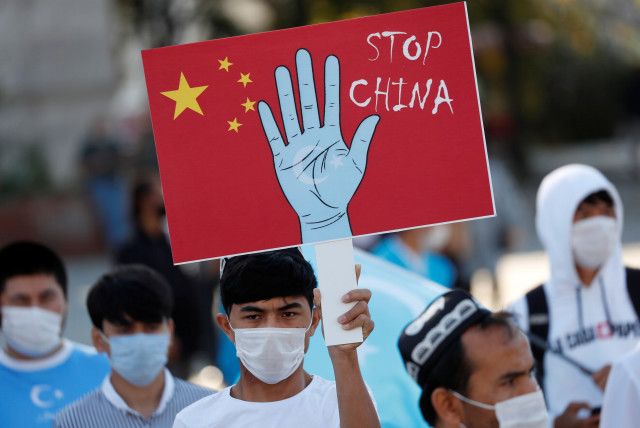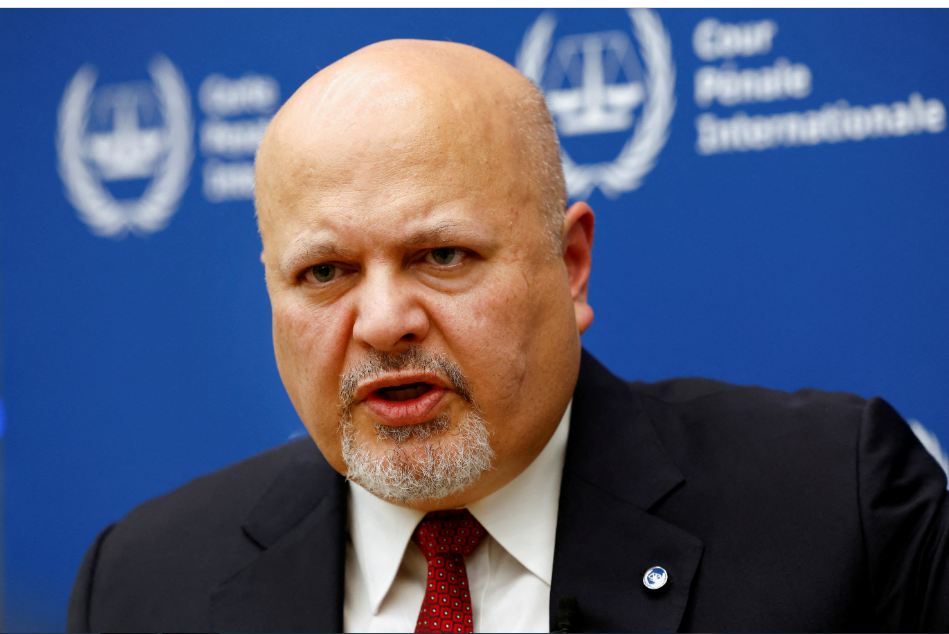U.S. and China spar over racism at United Nations
New York (Reuters) – The U.S. ambassador to the United Nations, who is Black, clashed with her Chinese counterpart on Friday when she described her own experience with racism as a challenge, but said for millions of people in countries like China and Myanmar it was deadly.
During a U.N. General Assembly meeting to mark the International Day for the Elimination of Racial Discrimination, U.S. Ambassador Linda Thomas-Greenfield said: “Racism was and continues to be a daily challenge wherever we are. And for millions, it’s more than a challenge. It’s deadly.”
“Like in Burma, where Rohingya and others have been oppressed, abused, and killed in staggering numbers. Or in China, where the government has committed genocide and crimes against humanity against Uighurs and members of other ethnic and religious minority groups in Xinjiang,” she said, referring to the region in northwest China.
China’s deputy U.N. Ambassador Dai Bing responded that Thomas-Greenfield had “in an exceptional case admitted to her country’s ignoble human rights record, but that does not give her country the license to get on a high horse and tell other countries what to do.”
The conflict underscored tensions between the world’s two biggest economic powers a day after Washington and Beijing had their first high-level meeting since Joe Biden became U.S. president in January.
“If the U.S. truly cared about human rights, they should address the deep-seated problems of racial discrimination, social injustice and police brutality, on their own soil,” Dai told the 193-member General Assembly.
Thomas-Greenfield, who said she is a descendant of slaves, recalled her own experiences with racism such as working as a teenage babysitter when the child asked “if I was an n-word because her dad had used that word for me.”
The police killing in May of George Floyd in Minnesota and other black Americans elsewhere in the United States sparked demonstrations against racism and excessive use of force by law enforcement across the nation last summer.
“We have flaws. Deep, serious flaws. But we talk about them. We work to address them. And we press on, in hopes that we can leave the country better than we found it,” said Thomas-Greenfield, who also referred to attacks in Georgia that included six victims of Asian descent.
China has been widely condemned for repressing Uighur Muslims and other minorities at complexes in the remote Xinjiang region, which it describes as “vocational training centers” to stamp out extremism. It denies accusations of abuse.
Dai said there was no “genocide” in Xinjiang.



